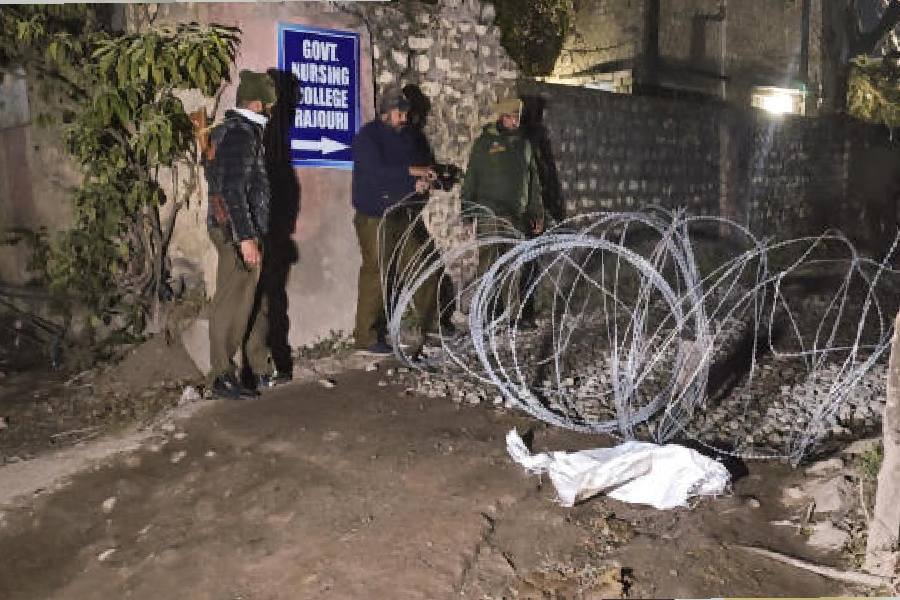Close to two weeks after Kenya held its first presidential election under the newly- devolved constitution of 2010, the nation is still in a limbo. This is not because the elections — remarkably peaceful this time after the furious blood-letting of the last presidential elections in 2007 — have been inconclusive. The deputy prime minister, Uhuru Kenyatta, son of Kenya’s first president, Jomo Kenyatta, has emerged winner with a share of 50.07 per cent of the vote, while his nearest competitor, Raila Odinga, has managed 43 per cent. That should have settled matters, but two factors have complicated the scenario. For one, Mr Kenyatta’s winning margin is extremely narrow and only 8,100 votes have spared him the ignominy of a run-off. But more importantly, the Independent Electoral and Boundaries Commission, which managed the elections, seems to be unable to defend itself against allegations of a technically-flawed election process that have started to flow in a torrent. Mr Odinga, the runner-up, has challenged the results in the supreme court and asked for fresh elections. The court has only a few weeks to announce its verdict, which could go either in favour of Mr Kenyatta or in that of Mr Odinga’s demand, which would require new elections to be held in two months’ time. In 2007, doubts over the genuineness of the electoral process had set the nation on a tortuous path that had led to the death of more than a thousand and had brought the International Criminal Court directly into the heart of Kenya’s political affairs through the indictment of crucial players such as Mr Kenyatta and his political ally, William Ruto.
This time, the nation seems to have set its face against such a course by deciding to vote peacefully and wait patiently for the court’s verdict. Trust in the impartiality of the State’s institutions is crucial for the success of democracy. It is perhaps the newly-reformed judiciary that has inspired the trust. But given the pull of the primordial loyalties to clan and tribe that are still very important to the people, Kenya’s judiciary will have a tough time doing the job it has been entrusted with. And yet it must, for the peace to hold, and for Kenya to demonstrate its success with democracy that the nation has been so eager to flaunt before the West, which, Kenya suspects, is acting through the ICC in order to keep alive its policy of intervention.











